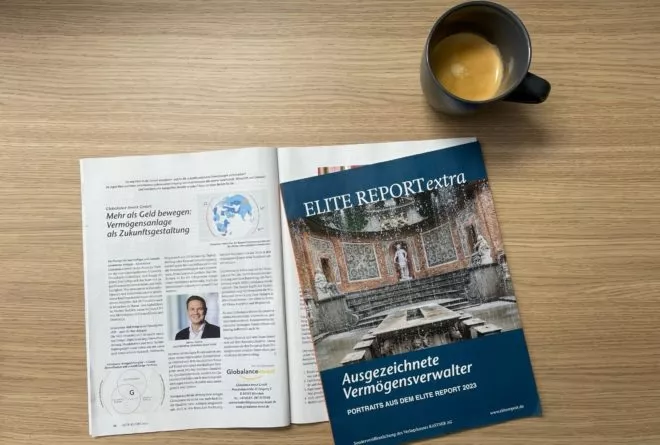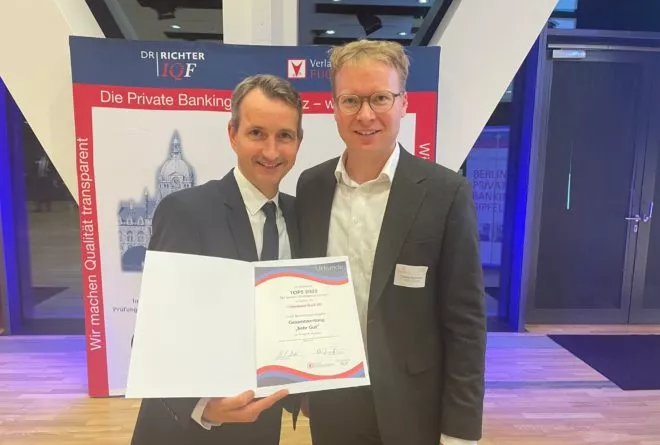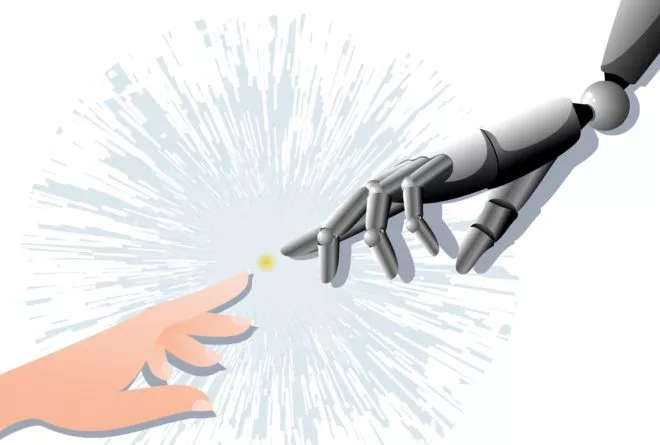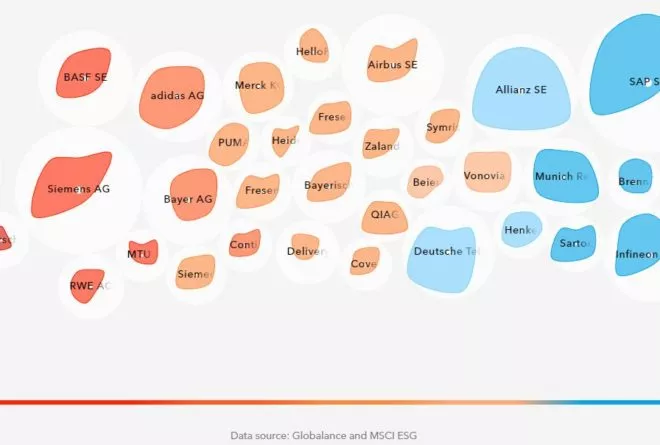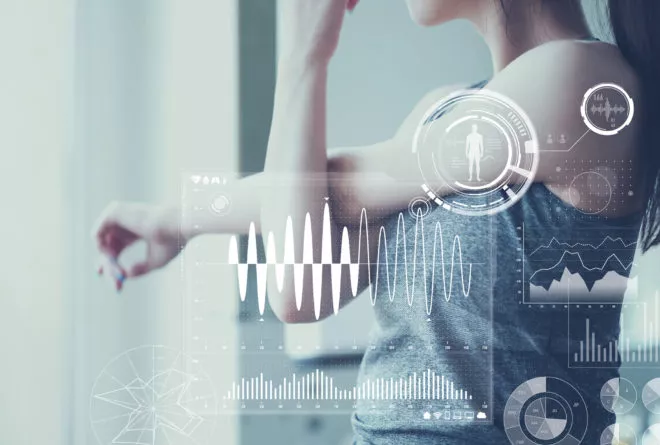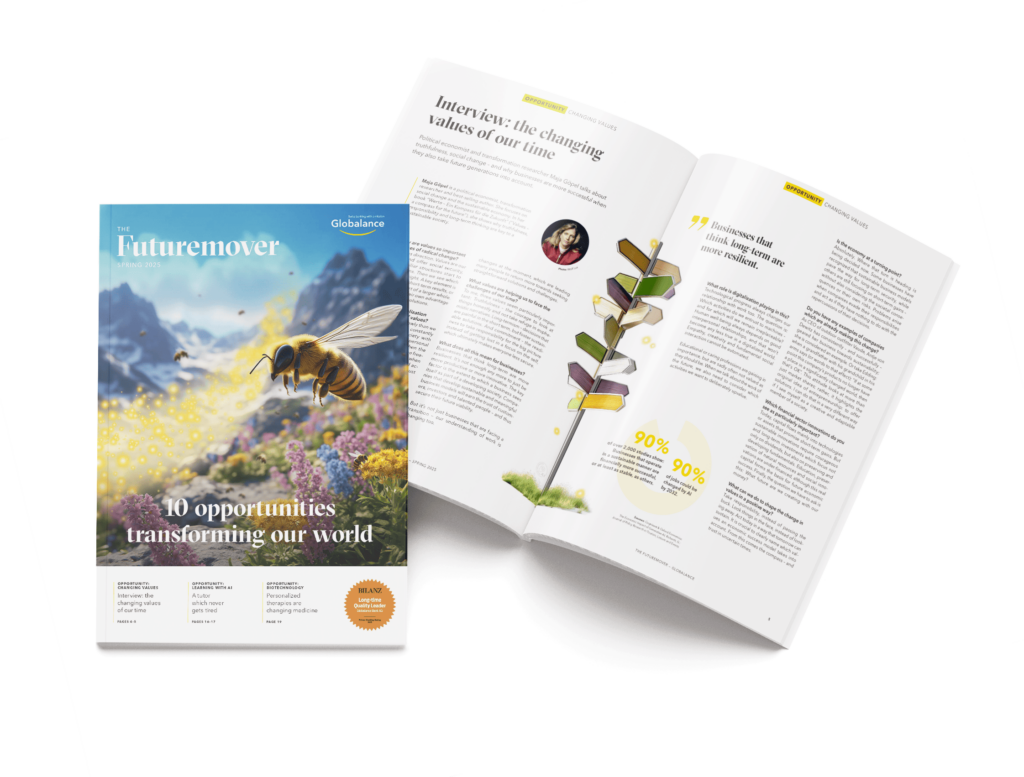News & Trends
On the Couch with Dr Chatbot

IN A WORLD THAT FEELS LIKE IT’S SPINNING FASTER AND FASTER, mental health and psychological and physical resilience are among the key resources. The tools to maintain and promote these have long since moved into the digital space — and adapted to it. What are the most popular apps in this field? And how have games changed psychotherapy?
Live chat therapy sessions? AI-guided meditations? Mindfulness training as a video game? Critically dismissed as science fiction not long ago, such applications are already a reality — and are being viewed in a much more nuanced way. As a result, there is now a huge range of apps designed to strengthen mental health: from sleep aids to meditation and depression management. Below you will find a compact selection of the most popular apps.
Headspace is now the best-known meditation app with over 70 million downloads worldwide. Its recipe for success is short meditation exercises that can be easily integrated into everyday life. The individual exercises often only take a few minutes and — in addition to classic meditation — also address topics such as “exercise”, “sleep”, “concentration” and “creativity”. The Calm app is also designed to bring calm into hectic everyday life and help reduce stress. In addition to meditation exercises, it is best known for its stories for falling asleep. Its speciality: some of the stories are read by celebrities. You can fall asleep to the voices of actors such as Matthew McConaughey and pop stars like Harry Styles and Kelly Rowland.
Games for the Mind
Game-like elements such as incentives, challenges and rewards have long been used in the treatment of mental illness. This approach is particularly well suited to the digital world. The best examples are the classic health apps that come as standard on Android and Apple devices. They use playful incentives, reward systems and other gamification approaches. For example, if you want to achieve your weekly jogging target, you will receive new “badges” or other virtual gimmicks to give you the extra motivation you need.
However, digital support is not only available for a more balanced everyday life. Psychological disorders can also sometimes be treated online. Online therapy by video call, chat and email can lower the inhibition threshold for seeking help. BetterHelp is the market leader in the English-speaking world. A subscription system gives you access to a wide range of qualified and licensed therapists. The Swiss equivalent is called WePractice. Please note that for legal reasons, psychological disorders can’t be diagnosed online. However, if diagnosis has already been made, online therapy can be useful.
Daily Chat with a Chatbot
Routine aftercare or preventive check-ups are now available using programmed chat. The Woebot, developed at Stanford University, specialises in helping people to maintain their mental health. Woebot does this using short daily chats, curated videos and mood detection. Communication works like an instant messenger. If you submit a problem to Woebot, the bot responds immediately and offers self-help lessons, breathing techniques or other relevant tools.
The Best Apps for a Strong Mind
MINDSHINE: Keeping a Diary
In Mindshine, you can document your thoughts on a daily basis and thus recognise your own patterns or difficulties. Practical exercises from neuroscience and psychology help you to mature mentally.
HEADSPACE: Living More Mindfully
Headspace promises mindfulness for every day with guided mini-meditations, breathing exercises, courses and sound. The app focuses on stress reduction, more restful sleep and more focus. The range of topics is quite broad, with users able to prioritise.
FABULOUS: Developing Routines
Fabulous also calls itself a happiness coach and has set itself the goal of breaking bad habits and developing good routines. Everyday tips, short work-outs, meditation and yoga are among the most important functions.
SLEEP CYCLE: Getting Up Easily
Sleep Cycle monitors sleep through audio recordings and wakes subscribers in a time window of up to 90 minutes to time getting up in a phase close to waking. Sleep aids and statistics are other useful features. The latter can also be linked to lifestyle (e.g. alcohol consumption).
YAZIO: Eating Better
Yazio can be used to improve eating habits and achieve dietary goals. Anyone using the app records their meals from a database of millions of foods and can keep an eye on calories and nutritional values based on a personalised plan.
FREELETICS: Daily Workouts
Freeletics is a kind of personal trainer with over 350 exercises and workouts. The motivating fitness app is an all-rounder among its peers and, in addition to training planning, offers an exchange with a “coach”, as well as nutrition plans and mindfulness exercises.
You can find more details on the user-friendliness, data protection, compatibility and costs of the individual apps in the Futuremover magazine.
The Globalance View
For all the potential of algorithms, there is a clear boundary that should not be crossed: no application should suggest to users that they are communicating with an actual human being. Especially when it comes to our mental health, content generated by a machine must be clearly labelled as such at all times.
AI-controlled applications: yes. Bots that pretend to be human: no. People are particularly susceptible to being manipulated in moments of illness or weakness. Exceptionally strict ethical requirements must therefore be imposed on providers of mental health products. The same applies to dating apps.
Be part of the solution and stay informed with the Futuremover (only available in German). Subscribe now and shape the future!

